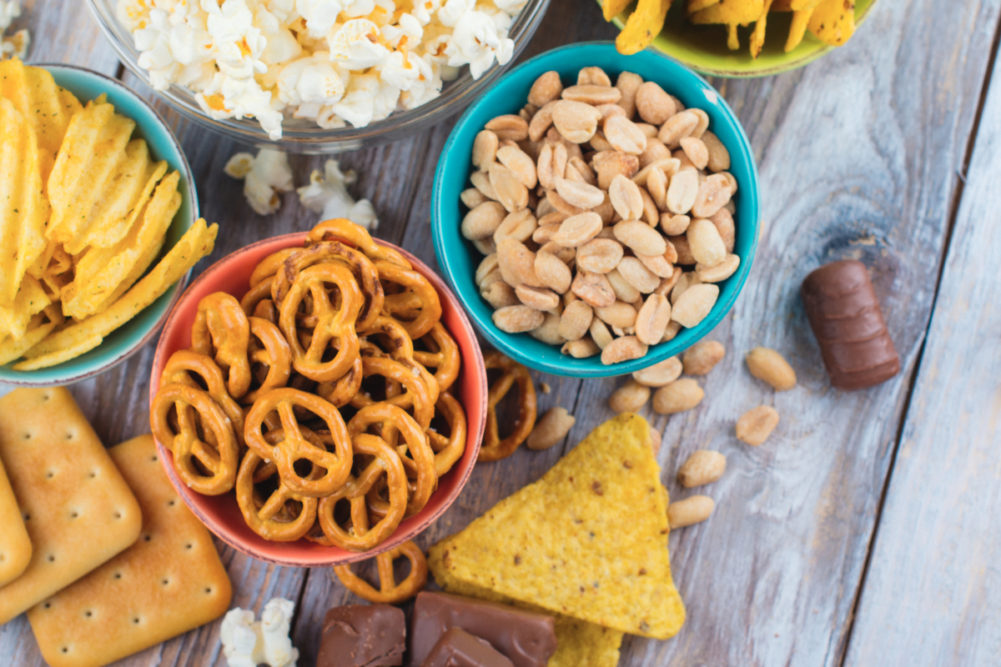Sally Lyons Wyatt doesn’t waste any time when she has a chance to layout the snacking trends, data and advice to a crowd of snack manufacturers.
“If you take anything away from this presentation, it would be agility and differentiation,” the Information Resources, Inc. (IRI) executive vice president and practice leader said at the top of her talk at SNAXPO21, held Aug. 22-24. “If you are able to do that in this environment, you will find incremental growth.”
The good news for the industry is that consumers are snacking more than ever, especially millennials and Gen Z. Ms. Lyons Wyatt is predicting that the snack category will grow 3% to 4% in 2021, which she said was likely a very conservative estimate.
“Snacking is showing positive growth versus last year,” she said. “And last year was phenomenal with 10% total omni growth. Very healthy, very positive story.”
She emphasized the need to meet consumers where they are. With people stuck at home from work and school in 2020, they bought larger sizes of snacks since they weren’t as mobile.
Some have returned to the office, while others are still at home. And a hybrid working model has emerged, with employees in the office a couple of days each week and at home the rest. This means manufacturers need to be flexible enough to provide both larger and smaller sizes to accommodate this variety of consumer needs.
“We have more work-from-home meal occasions than ever before,” she said. “There will be roughly 33 million lunch and breakfast occasions at home.”
And Ms. Lyons Wyatt said that, while most consumers are buying indulgent snacks, she was finding nuances in preferences for urban, suburban and rural consumers. This provides opportunities for snack makers to personalize messages and inventory depending on location.
“Urban consumers were upticking on healthier snacks," she said. "Suburban was more nutritional, and rural was all about indulgence."
In fact, indulgent snacks continue to gain ground over snacks that are a bit healthier.
“Prior to the pandemic, permissible indulgence was winning,” Ms. Lyons Wyatt said. “In the pandemic we all heard about nostalgia, people who were looking for comfort food and comfort snacks, and we saw an uptick in true indulgence. But true indulgence has gained yet again and is now sitting at 33% share. It was roughly at 28% back in 2019.”
Messaging around sustainable business practices is a good way to draw the interest of younger snackers who are passionate about the subject, she said. And everyone just wants to have a little fun through innovation or experiences.
“Sixty-seven percent of consumers want snacks that are fun to eat; up three points in two years,” Ms. Lyons Wyatt said. “Fifty-two percent of consumers like to eat snacks that add excitement to their daily diet. That’s up three points in two years. Fifty-one percent of consumers look for authentic or unique snack experiences, up seven points in two years.”
Brands don’t even need new products to create that excitement, she explained. It can be done through social media, packaging and more. QR codes on snack packages could be used to provide fans with more information, too.
The snack industry has seen a lot of growth in the last year and a half and capitalizing on some of these trends could help propel the industry further.




